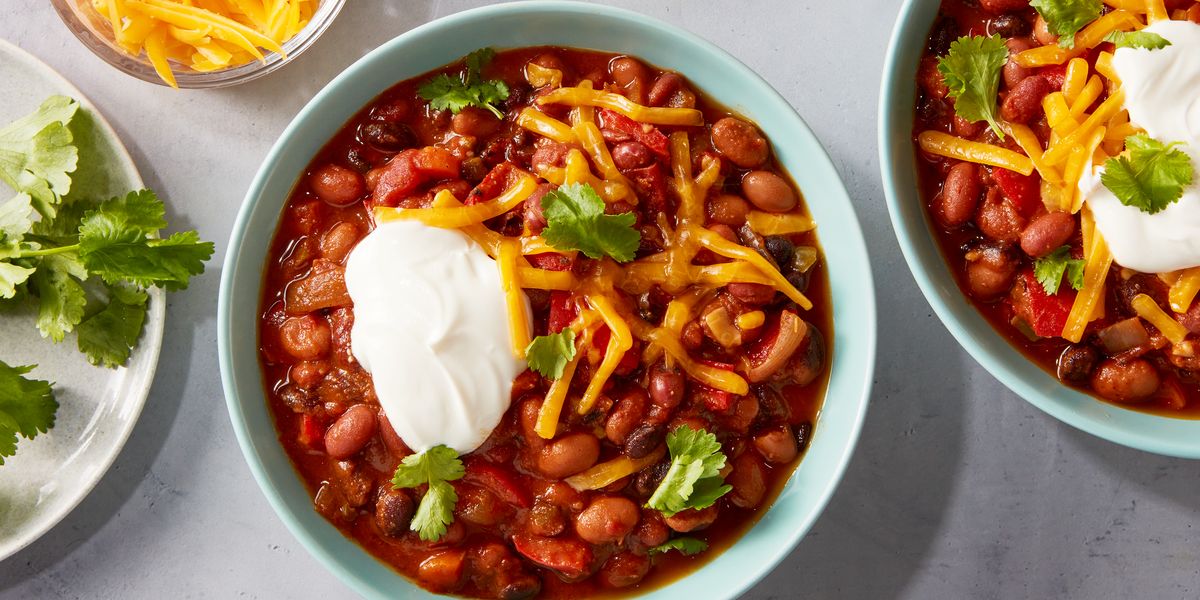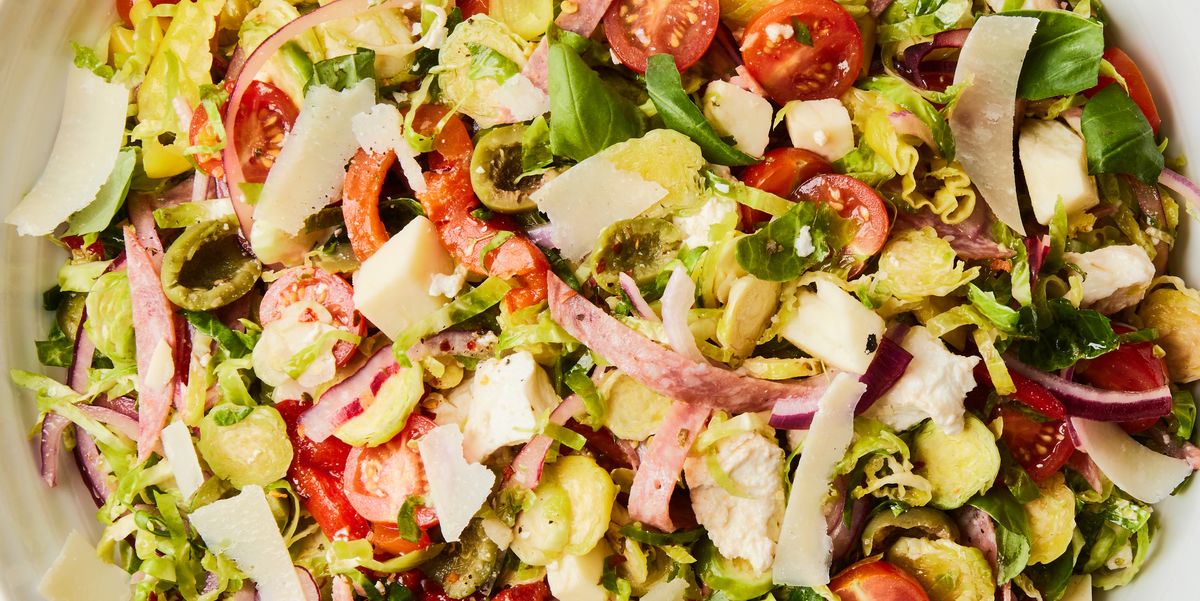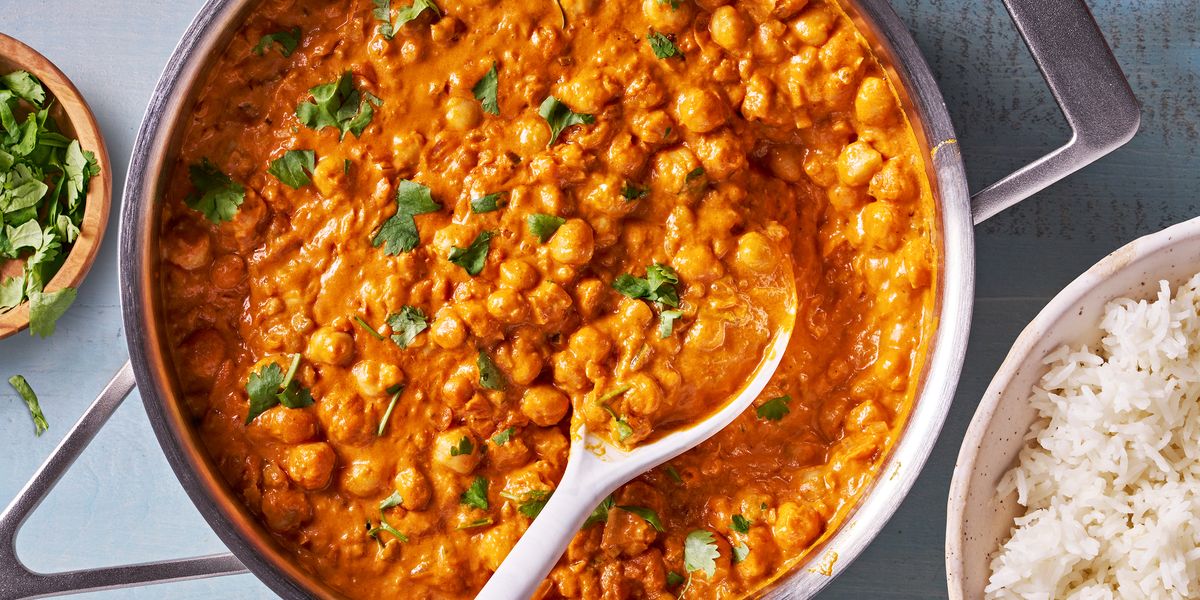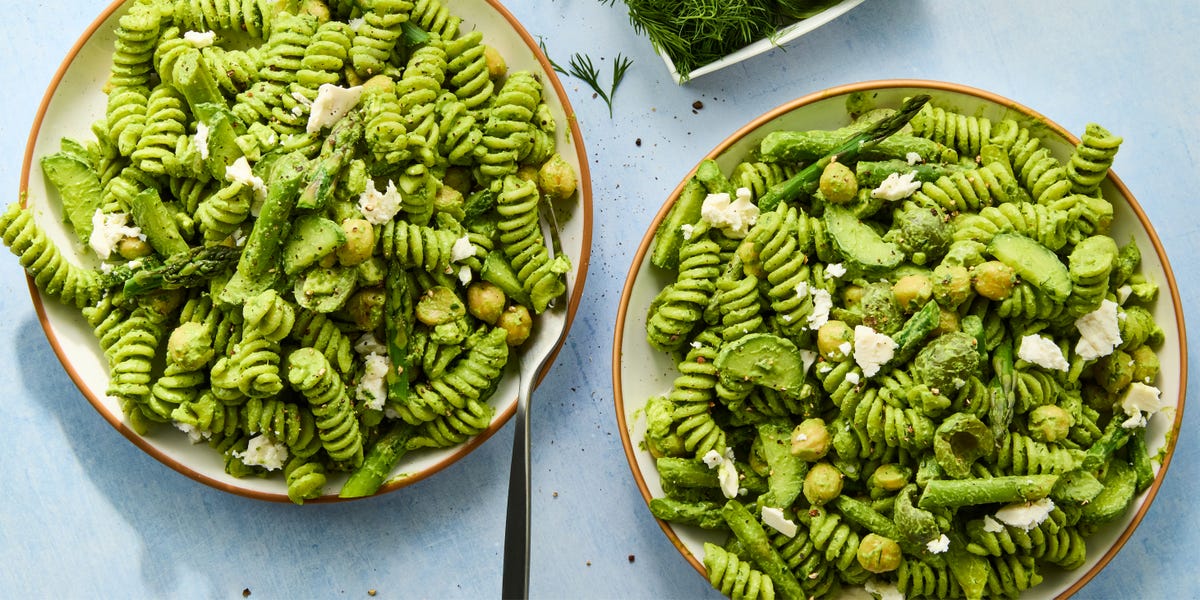Glad you asked! Whether you’re new to the cold brew scene or a seasoned pro, here are some factors you should always consider when shopping for a cold brew coffee maker:
Filtration: You know what’s worse than a weak cup of coffee? A gritty cup of coffee. There are three general types of filtration systems that can be utilized by cold brew coffee makers: Mesh, metal, and paper. While it might seem counterintuitive, paper filters are the best at keeping extra sediment out while yielding a robust concentrate. Mesh filters tend to weaken your coffee, while stainless steel options tend to let some grounds slip through the cracks.
Size: Making cold brew is a lot like life: It’s all about balance. Many makers can produce more than just a single cup of joe at a time, but knowing what size you’ll need involves taking a look at your lifestyle. As we mentioned before, some cold brew batches can last up to two weeks, so if you like to have a lot of coffee at your disposal or you do a lot of entertaining, a maker with a greater yield might be a better option for you. That being said, if it’s just you or you live in a smaller household, it’s fine to want a maker that will produce enough java to last you a few days or even a week, but not so much that it goes to waste.
Automatic vs. Manual: Yes, we know we’ve been going on and on about patience being an integral part of the cold brew making process, and now here we are to tell you there is such a thing as a faster way to get cold brew—besides, you know, ordering one at Starbucks. Automatic models do yield a faster cold brew, but unless you’re really short on time, we don’t recommend them. Compared to manual models, they’re harder to clean (because they have more parts) and are less consistent, but they’re an option if convenience and speed are more important to you than a smooth, robust flavor.















Leave a Reply